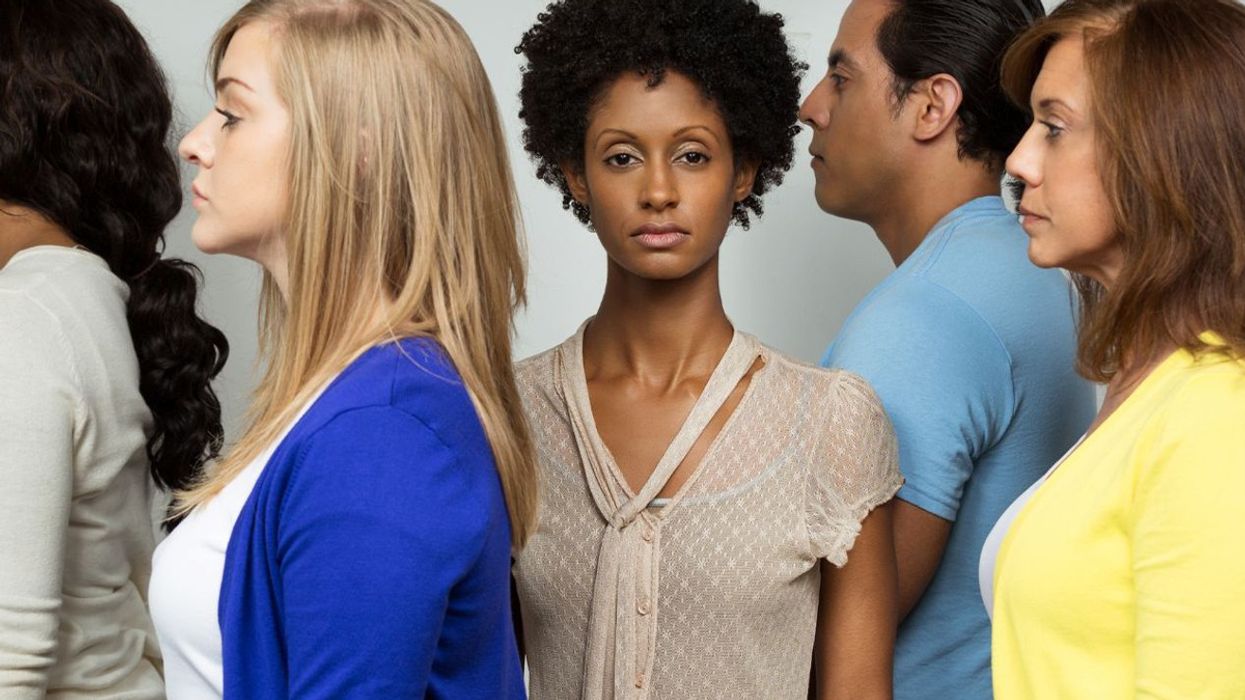A conversation with the director of a powerful new film about notifying families of our war dead.
The Messenger tells the tale of a young soldier, played by Ben Foster (Six Feet Under, 3:10 to Yuma), who has just returned from a brutal tour of duty in Iraq. After he is charged with the task of notifying families when their sons and daughters die overseas, Foster's character finds himself strangely connected to one of the widows he notifies, played by Samantha Morton, and he struggles with the ethical and emotional fallout of those feelings. The film (which GOOD helped develop and produce) was directed by Oren Moverman, (who wrote Jesus' Son for the screen and co-wrote I'm Not There). He was kind enough to speak to us about the unique challenge of making a military film during war time.GOOD: The film focuses on soldiers played by Woody Harrelson and Ben Foster, whose job it is to notify the next of kin when a soldier dies at war. You've described the film as not being about the horrors of war, but about something else. What do you mean by that?OREN MOVERMAN: I was referring to the bigger picture of what the movie's about, thinking that while it is a movie set against the backdrop of the military during war time. What goes on in the movie is actually really universal because the truth of the matter is that we all get notified. We all get news that someone we love has died or we tell other people and people find out about us. I was just making the point that the movie addresses something that people can relate to regardless of the military context.G: Sure, the experience universal, but the context is specific. How did the actors prepare themselves to give those notifications?OM: We did a trip to Washington D.C., where we went to Walter Reed Medical Center, to Arlington Cemetery, to a notification center in Arlington. We spoke with soldiers who have done notifications and been to war. We got their perspective. We got to interact with them. But the actual notification scenes were actually scenes we didn't rehearse, and we didn't prepare in the traditional sense.G: Why?OM: We wanted to capture something very raw in those scenes. We separated Ben and Woody from the people they were going to notify, so they never got a chance to talk about what each side would do. We threw everyone off set so we could shoot in every direction, so nobody new what we were going to shoot. We encouraged the actors to go off script. And we shot long takes: When the scene started, we started rolling, and when the scene ended, we stopped. So there was no interruption. Basically, it's the kind of thing you can't prepare for in life, so can't prepare for it in acting. It's just trying to create a raw, immediate moment, where people receive the worst news they can possibly get: how would you react? How would move in that space? All those things were left open.G: Ben Foster's character, also, is pretty unprepared to deliver that news. OM: The challenges were the same with all these roles, really. On the one hand, it was to make them as realistic as possible for the world that they were moving in. On the other hand, you wanted to make it work in the way a movie should work. The challenge was actually to find that balance and tone, to were military people can watch this and find it a good representation of what they're going through, and civilians would watch and say, This is something I didn't know about. When you're working off things that are happening right now, you have to be very careful and gentle about how far you're going to push them.G: What has the response been from the military community?OM: The response has been very strong. We've had all kinds of soldiers watch the movie. Generally we've received a lot of gratitude. It's very humbling to hear them talk about our portrayal of what they're going through. They seem to appreciate the fact that we put the spot light on them to make their story heard.G: Was that a cause of fear or stress for you-how the soldiers might view the film?OM: Yeah, you always worry about that, but you have to just put it out of your mind and make the movie. The thing is you know you're going to have a mix of audiences, so you have to just concentrate on making the movie as truthful as possible, and making it as honest as possible, and making it work as a movie. Then, the audience part-getting people to see and react to it-that's a whole other mystery.G: There are some very complicated relationships in the film. One of those relationships is between Ben Foster's character and Samantha Morton's, whom Foster notifies of her husband's death. Can you talk about what the characters are up against there?OM: Well, what we tried to do is hard to explain, not only for us, but also for the characters. If you asked them about finding each other, they could try to explain it, but they wouldn't be able to articulate it. The truth of the matter is, it's impossible to explain the thing that draws any two people together. In this particular case, they don't know what the relationship is. And that level of mystery has them very interested in one another; there's a strong pull happening, an odd dance between them. Ultimately, her character gets to tell her story just like he does. That was one of the most important things, to almost stop the movie, to listen to the widow, because there are thousands and thousands of stories like this.The messenger is currently showing in New York City. For a list of openings around the country head here. Photos courtesy of Oscilloscope. Header: Woody Harrelson (left) and Ben Foster; middle: director Oren Moverman; lower: Ben Foster (left), Jahmir Duran-Abreau, and Samantha Morton.
















 Otis knew before they did.
Otis knew before they did.